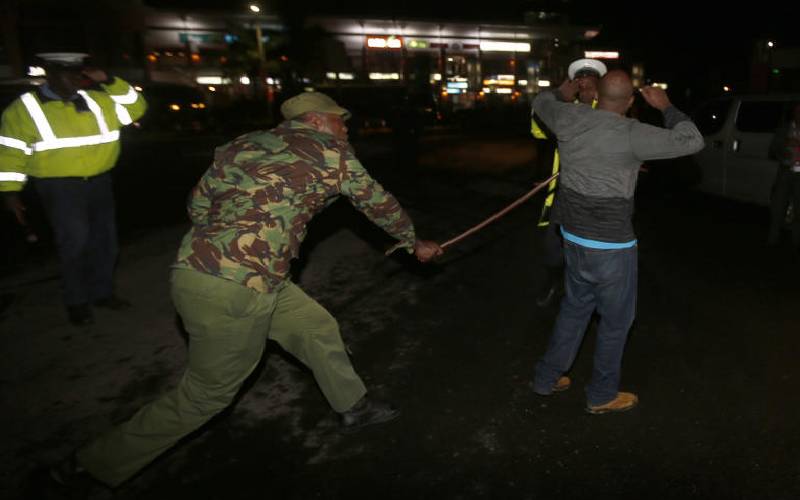×
The Standard e-Paper
Home To Bold Columnists

In the wake of the coronavirus crisis, governments across the world, including in Kenya, have adopted far-reaching measures in response and these have raised concerns about human rights violations.